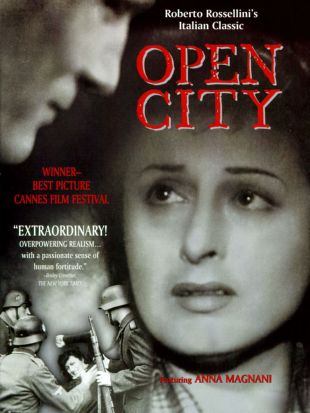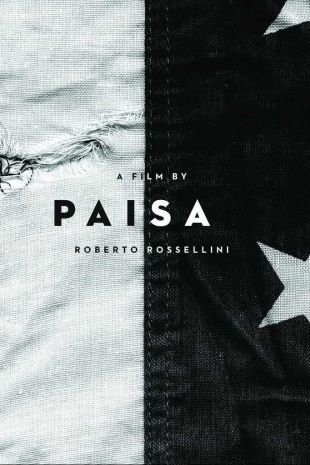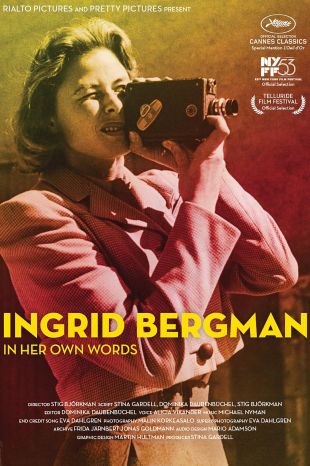The son of a wealthy Roman architect, writer/director Roberto Rossellini was more technically than artistically inclined when he began making amateur films as a teenager. From his first project in 1934, Rossellini was far more fascinated with the mechanical intricacies of dubbing, editing, and photography than with such things as plots and performers. His 1938 short subject Prelude a l'apres-midi d'une Faune, was considered worthwhile enough by some film-industry insiders to warrant a theatrical release; unfortunately, it was banned by Italy's censorship bureau on the grounds of indecency. Even so, when Vittorio Mussolini -- the dictator's movie-executive son (and a family friend) -- invited young Rossellini to become a professional filmmaker, the 22-year-old dilettante jumped at the chance. Assigned to direct a documentary about an Italian hospital ship, he expanded the project into a fictional feature, La Nava Bianca, completed in 1940 and released the following year.
During the war, Rossellini found himself in the delicate position of acting as technical director for fascist-commissioned films, all the while secretly shooting documentary footage of anti-Mussolini resistance fighters. In 1943, he began work on what many consider the first neorealist film, Desiderio, in which, utilizing a hand-held camera, Rossellini attempted to approach his subject matter as a spectator rather than director. Unfortunately, he was forced to drop the project, which would be completed by other, more conventional hands three years later. Nonetheless, his brush with cinematic naturalism had left an impression, and, in 1945, he gained international fame with his stark, neorealist feature Roma Citta Aperta/Open City. This film so impressed Hollywood producer David O. Selznick that he invited Rossellini to come to America to direct Selznick's next Ingrid Bergman vehicle. Bergman, herself, wrote an affectionate fan letter to the director, never dreaming what effect this simple gesture of courtesy would have on her life. Resisting the temptation to pack up for America, Rossellini remained in Italy to co-write and direct Paisa (1946) and Germania Anno Zero (1947), two of the most influential works of their time. He then switched focus from the devastations of the postwar era to the earthy charms of his lover Anna Magnani in L'Amore (1948). He finally met Bergman the following year, and their mutual admiration quickly deepened into love. Leaving their respective spouses, Rossellini and Bergman married in 1950, sparking an international scandal that resulted in fervent condemnations from politicians and clergymen alike. From 1949 through 1953, Bergman worked for no other director but Rossellini; the collaboration yielded one truly worthwhile film, Stromboli (1949), and a series of self-indulgent, critical, and financial disasters.
Although the Bergman-Rossellini liaison produced three children (including current film star Isabella Rossellini), their relationship quickly soured. While preparing a multi-part TV documentary on India in 1957, Rossellini became involved with Indian screenwriter Somali Das Gupta, whose subsequent pregnancy effectively ended his marriage to Bergman and nearly destroyed his film career. (Rossellini's later marriage to Gupta would also end in divorce.) In 1959, Rossellini restored his tattered reputation with his best film in years, General Della Rovere, which starred fellow director Vittorio de Sica. After completing Vanina Vanini in 1960, Rossellini devoted his energies almost exclusively to TV films, turning out several respectful but non-reverential biographies of such historical figures as Socrates, St. Augustine, and King Louis XIV; three of these films would be afforded theatrical release. In his last movie, Il Messia (1978), the director once more stirred up controversy, though '70s filmgoers of were less-easily outraged than those of 1950. Rossellini died in 1977. His autobiography, My Method: Writings and Interviews, was published posthumously in 1993.


